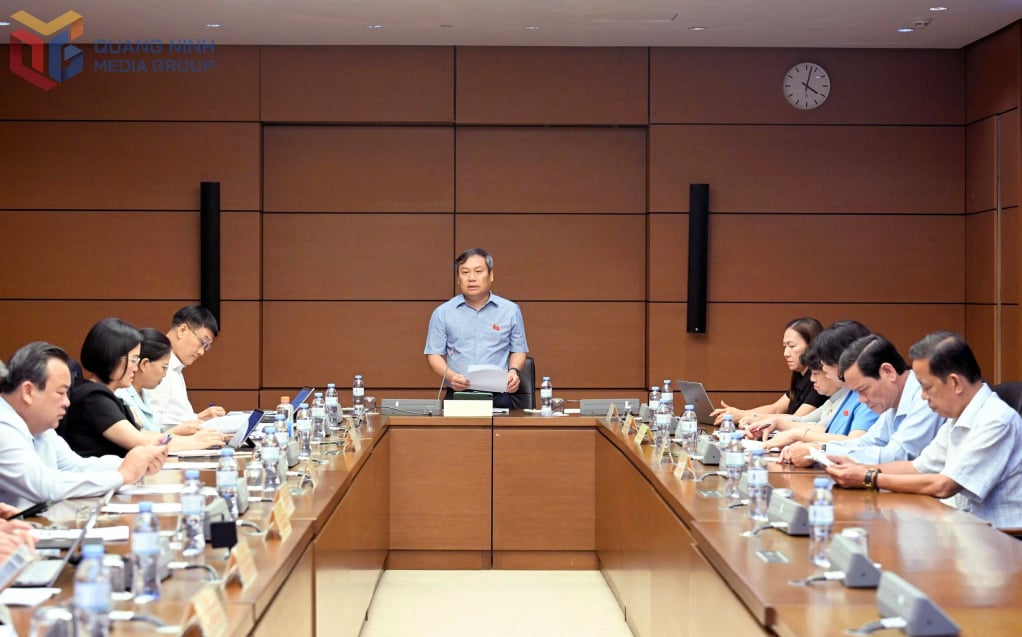
Speaking at the discussion on the draft Law on Railways (amended), Vice Chairwoman of the National Assembly 's Committee on Culture and Society, Provincial National Assembly Delegate Do Thi Lan proposed to review and narrow down the scope of application, only focusing on important national railway projects. The draft Law has not clearly expressed this viewpoint but is still widely applied, not really transparent, and has not directed the policy to key areas and projects. Therefore, it is necessary to further improve the transparency and clarity of the subjects receiving incentives, thereby using the policy in a focused and key manner.
Regarding the content of encouragement and protection of organizations and individuals in Clause 3, Article 5, the delegate also expressed concern when the draft Law is providing broad regulations, both encouraging and protecting domestic and foreign organizations and individuals, without distinguishing from related laws such as the Investment Law, Enterprise Law, and Civil Law. The delegate suggested that only encouragement, incentives, and protection should be given to investment activities in railway infrastructure, because the contents on assets, rights, and interests of organizations and individuals are fully guaranteed by related laws.
Regarding railway network planning, Article 20 of the draft Law is not consistent with the Planning Law. The draft Law stipulates that the Minister of Construction organizes the preparation, appraisal, and approval of network planning, while the Planning Law stipulates that the Prime Minister approves national sector planning. Delegates proposed to review, complete, and synchronize with the law, so that the Prime Minister approves network planning if it belongs to national sector planning, while the Ministry only approves if it belongs to technical and specialized planning. In addition, the draft Law is also broadly regulating the Government's guidance, which is not really necessary or not consistent with related laws. Delegates proposed to review and only guide the contents that are not regulated by the law or planning law, to avoid duplication and overlap, affecting the transparency and feasibility of the law.
Also giving her opinion on this content, Standing Member of the Law and Justice Committee of the National Assembly, Provincial National Assembly Delegate Tran Thi Kim Nhung suggested considering an additional mechanism of liability exemption. Using the state budget to implement the policies of the Railway Law always contains risks. If the law is not really clear and transparent, the implementing officers will find it difficult to avoid mistakes, problems, or legal risks. Therefore, if the law is completed with an additional exemption mechanism, the officers directly organizing the implementation will be assured, proactive, and complete their tasks without worrying about risks and violations, if they implement objectively, transparently, and comply with the law.
Regarding the effective date, the draft Law stipulates that some contents will take effect from July 1, 2025, while the remaining contents will start from January 1, 2026. This lack of uniformity in implementation time will be difficult, it is unclear how the subjects and entities will apply the law, and at the same time, there is not enough preparation in terms of human resources and organization to enforce the law. Delegates suggested considering and reviewing the effective date, so that the law can be applied in a uniform, transparent, and convenient manner, avoiding overlaps and difficulties in implementation.
Source: https://baoquangninh.vn/dbqh-tinh-quang-ninh-cho-y-kien-vao-du-an-luat-duong-sat-sua-doi-3362793.html








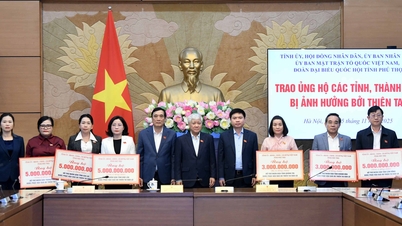

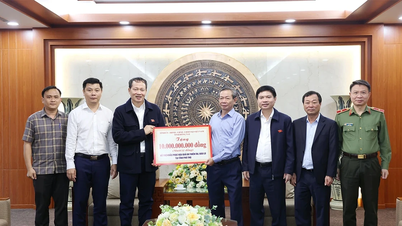



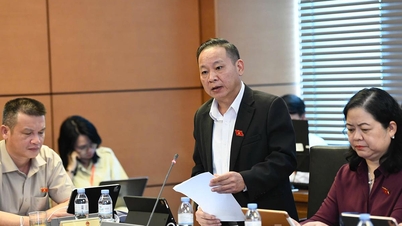

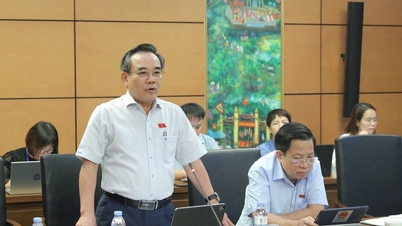


























































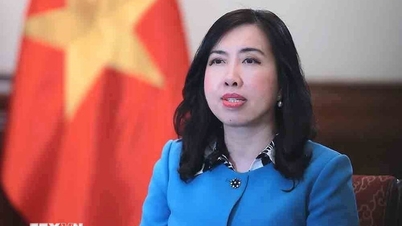
























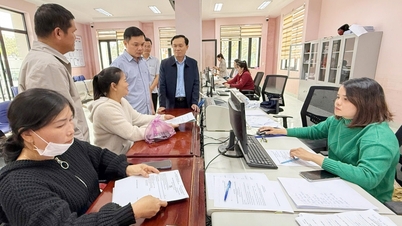
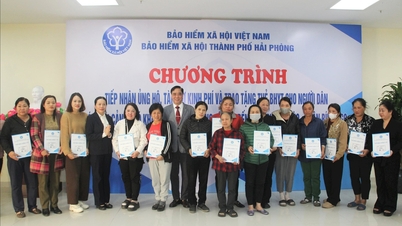













Comment (0)